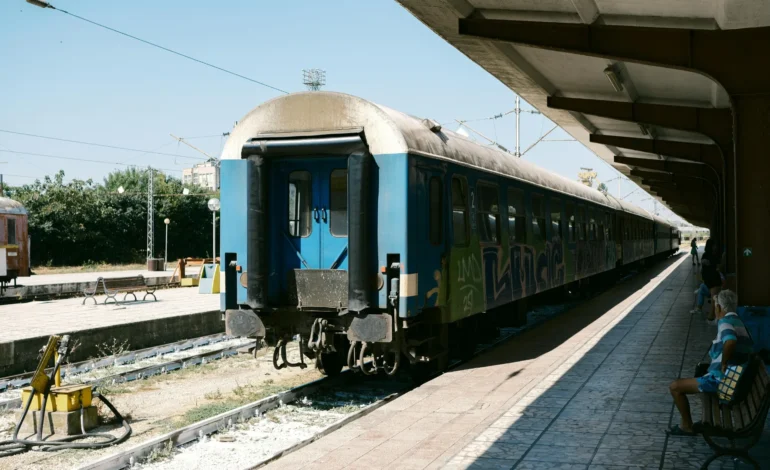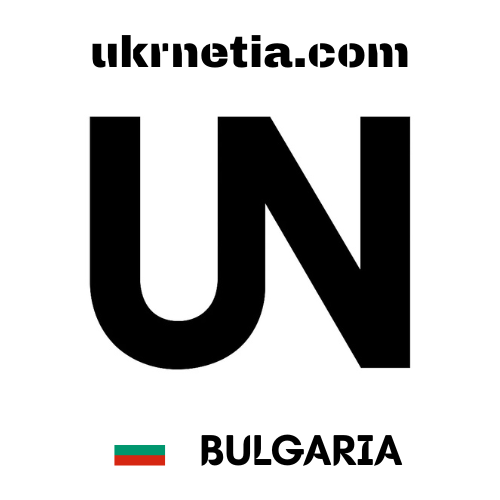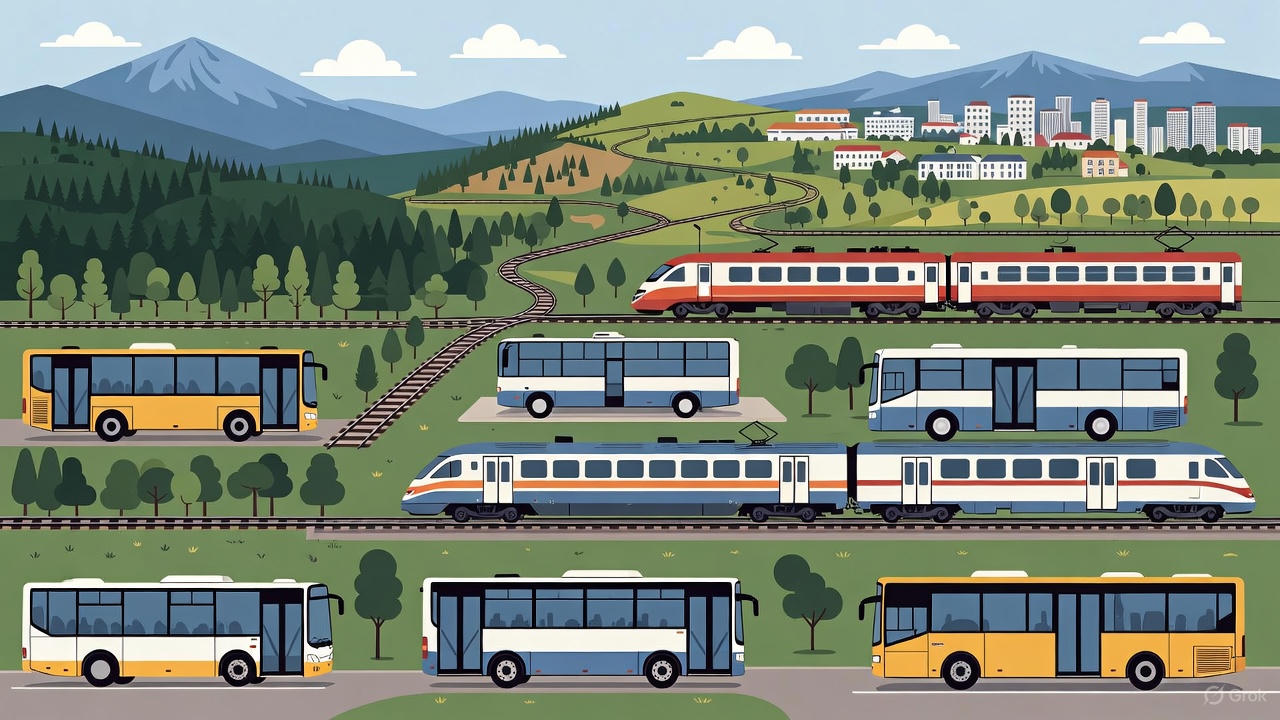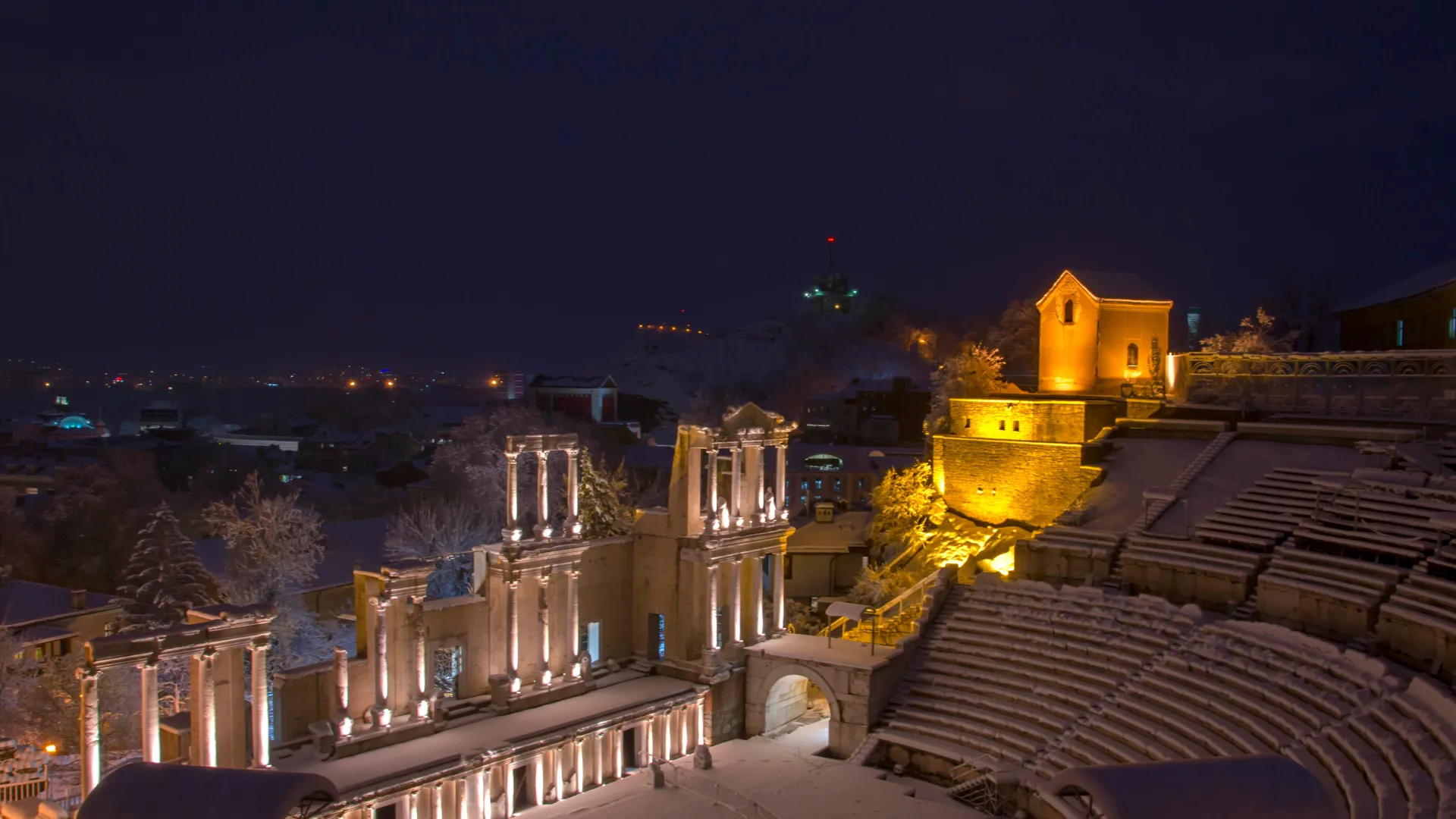Brain Drain vs. Influx of Nomads”: Bulgaria’s Unique Migration Reversal Phenomenon

In the era of remote work and economic disparities, Bulgaria has become a striking case study in reversed migration flows—a “brain drain” of its own skilled workers to wealthier Western countries, juxtaposed against an influx of affluent digital nomads and retirees from the US, Canada, and other high-income nations seeking affordable, high-quality living in Eastern Europe.
This trend, often dubbed the “expat reversal” or “nomad migration swap,” highlights how globalization and post-pandemic shifts have turned Bulgaria into a magnet for Westerners while its native talent seeks opportunities abroad. As of 2025, Bulgaria leads Eastern European rankings for expat destinations, with cities like Sofia, Plovdiv, and Bansko transforming into hubs for remote professionals. Below, I’ll break down the phenomenon, its drivers, and its implications.
The Outflow: Bulgarians Heading West for Work
Bulgaria has long grappled with significant emigration, a legacy of post-communist economic transitions and EU accession in 2007, which opened borders for free movement. This “brain drain” primarily affects young, skilled professionals in sectors like IT, healthcare, and engineering, who migrate to Western Europe, the US, and Canada for higher wages and better career prospects.
- Scale and Trends: In 2022 (latest detailed OECD data), about 91,000 Bulgarians emigrated to OECD countries, a 5% increase from prior years. The Bulgarian diaspora now exceeds 1.7–2.5 million people worldwide, with over 800,000 in the EU alone—equivalent to roughly 12–18% of Bulgaria’s domestic population of ~6.5 million. Key destinations include Germany (over 300,000 Bulgarians), Spain, Italy, Greece, the UK, and the US (around 350,000 each). Emigration continues unabated into 2025, contributing to a projected population decline of -0.6% to -0.83% this year, driven by low birth rates, aging demographics, and outbound migration.
- Drivers: Economic inequality is the core pull factor. Average Bulgarian salaries hover around €800–1,200/month, while equivalents in Germany or the UK can be 3–6 times higher (e.g., Bulgarian doctors earn ~€1,000 vs. €5,000+ in Germany). Sectors like healthcare have lost over 15,000 doctors and 20,000 nurses since 2007, exacerbating labor shortages at home. Many start as seasonal workers in agriculture or construction but transition to permanent skilled roles. EU free movement has amplified this, with remittances from emigrants totaling €1.5–2 billion annually—vital for Bulgaria’s economy but underscoring the dependency.
- Consequences: This outflow fuels domestic challenges, including workforce gaps (projected 400,000 skilled worker shortage by late 2020s) and demographic crisis, with rural areas depopulating fastest. However, some return after retirement or success abroad, bringing skills and capital—part of government strategies like the 2021–2025 National Migration Plan to incentivize repatriation.
The Inflow: Westerners Flocking to Bulgaria for Lifestyle
Conversely, Bulgaria tops expat surveys for Eastern Europe, attracting ~10,000–15,000 new digital nomads and retirees annually from “rich” Western countries, per 2025 estimates. This reverse migration is dominated by remote workers, online entrepreneurs, and investors aged 30–55 from the US, Canada, UK, and Northern Europe, drawn by affordability and EU perks without Western prices.
- Scale and Trends: Post-2020 remote work boom accelerated this, with Bulgaria’s expat population growing 20–30% yearly. Bansko, a ski town, hosts 500+ nomads from 40+ nationalities; Sofia and Plovdiv boast thriving communities with 5,000+ foreigners each. In 2025, the launch of Bulgaria’s Digital Nomad Visa (effective late September) has supercharged arrivals, allowing non-EU stays up to 1 year (renewable), targeting high-earners (€3,000+/month minimum). Requirements include proof of remote employment (non-Bulgarian clients), health insurance, and no local job competition—ideal for freelancers, remote employees, or business owners with 25%+ foreign company stakes.
- Drivers:
- Affordability: Cost of living is 50–70% lower than in the US/Canada—€300–500/month for rent in Sofia (vs. €2,000+ in New York), €1–2 meals out, and €1 beers. Housing is accessible (e.g., €100,000–150,000 for a city apartment).
- EU Access: As an EU member (Schengen-bound by 2025), it offers seamless travel to 27 countries, plus fast internet (top-10 EU speeds) and modern infrastructure.
- Lifestyle Appeal: Mild Black Sea climate, Balkan mountains for hiking/skiing, rich history (Thracian ruins, Ottoman architecture), and safety (low crime vs. urban West). Excellent flights via Sofia Airport connect to London (2 hrs), NYC (10 hrs) cheaply.
- Target Profile: Mostly remote techies, content creators, and investors with passive income—e.g., a US couple in Bansko running an online business, citing “breathtaking” nature and nomad vibes. They inject foreign capital via rentals, coworking, and tourism.
- Visa Pathways: Beyond the new nomad visa, options include freelance permits, investment residency (€300,000+ real estate, though tightened in 2025), or EU Blue Card for skilled workers.
Why This Reversal Matters: A Symbiotic Exchange?
This phenomenon is a microcosm of global shifts: Westerners “vote with their feet” against high costs and burnout, while Bulgarians chase stability abroad. For Bulgaria, it’s a net positive economically—nomads boost GDP via spending (target: high-income influx for modernization)—but socially complex, as locals face housing price hikes (up 10–15% in expat areas) and cultural integration challenges. Remittances from emigrants (€2B+) fund families, while returnees (encouraged via incentives) bring expertise.
In essence, Bulgaria embodies “settling into mobility”—a fluid exchange where Western remote workers fund the quiet life they crave, and Bulgarian emigrants build futures abroad, potentially circling back enriched. If you’re a digital nomad eyeing this, start with the visa portal or Bansko Nomad Fest for real stories. What’s your take—ready to swap NYC for Nessebar? ????????










